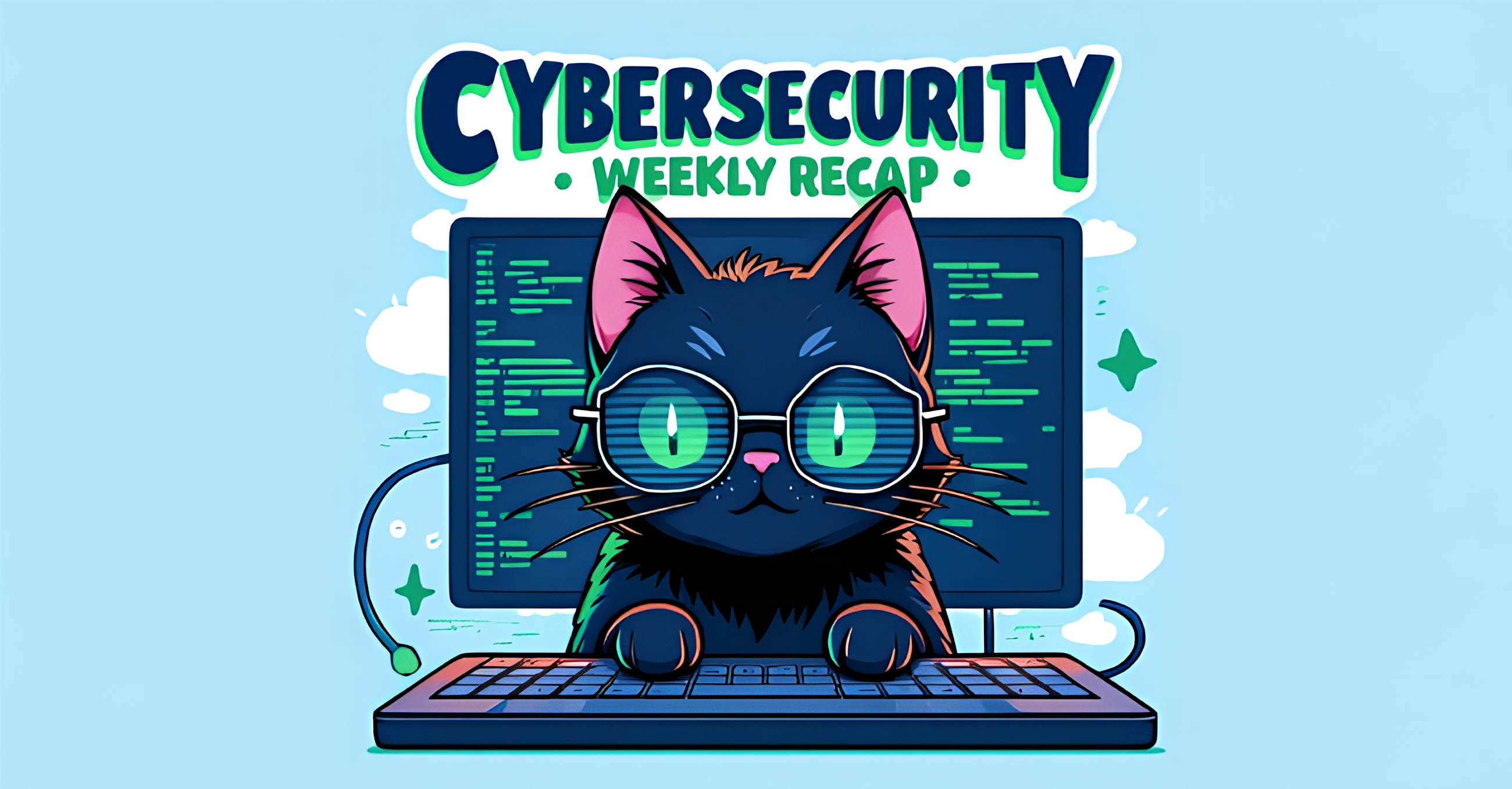Cybersecurity Weekly: Major Breaches & Critical Exploits
This week saw a flurry of cybersecurity activity, highlighting the ever-evolving threats facing individuals and organizations alike. From large-scale data breaches to critical software exploits, the landscape remains dynamic and demanding of constant vigilance. Let's dive into the key events that shaped this week's cybersecurity news.
Major Data Breaches:
-
[Company A Data Breach]: [Company A], a [industry] giant, announced a significant data breach affecting [number] users. The breach, which reportedly involved [method of breach, e.g., phishing, SQL injection], exposed [type of data, e.g., personal information, financial data]. The company has yet to fully disclose the extent of the breach, but has assured users it is working to mitigate the damage and enhance its security protocols. This highlights the importance of robust security measures, including multi-factor authentication and regular security audits, even for established organizations. Further updates are expected next week. [Link to Company A's official statement, if available]
-
[Government Agency Data Breach]: A less publicized but equally concerning breach affected [Government Agency], resulting in the exposure of [type of data]. While details are still emerging, this underscores the vulnerability of even government entities to sophisticated cyberattacks. The incident underscores the need for continuous investment in cybersecurity infrastructure and training for government employees. [Link to news article reporting the breach, if available].
Critical Exploits & Vulnerabilities:
-
[Software Name] Vulnerability: A critical vulnerability was discovered in [Software Name], a widely used [type of software]. This exploit, tracked as [CVE number], allows attackers to [explain the exploit's impact, e.g., gain remote code execution, access sensitive data]. Security researchers have urged users to update their software immediately to patch the vulnerability. Failing to do so could leave systems open to exploitation. [Link to relevant security advisory]
-
Zero-Day Exploit: A new zero-day exploit targeting [target system/software] has been reported. Zero-day exploits, by their nature, are particularly dangerous as they are unknown to developers, leaving systems defenseless until a patch is developed and deployed. The situation emphasizes the need for proactive security measures, such as intrusion detection systems and threat intelligence feeds, to detect and respond to such threats rapidly. [Link to security news source reporting on zero-day exploit]
Key Takeaways & Best Practices:
This week's events reinforce the importance of robust cybersecurity practices for individuals and organizations alike. Key takeaways include:
- Regular Software Updates: Staying up-to-date on software patches is crucial to mitigate known vulnerabilities.
- Multi-Factor Authentication (MFA): Implement MFA wherever possible to add an extra layer of security.
- Security Awareness Training: Educate employees about phishing scams, social engineering tactics, and other common cyber threats.
- Incident Response Planning: Develop and regularly test incident response plans to ensure a swift and effective response to security breaches.
- Data Backup & Recovery: Regularly back up critical data to protect against data loss.
- Invest in Cybersecurity Tools: Utilize advanced cybersecurity tools like firewalls, intrusion detection systems, and security information and event management (SIEM) systems.
Looking Ahead:
The cybersecurity landscape continues to evolve at a rapid pace. Staying informed about emerging threats and best practices is essential to protecting yourself and your organization from cyberattacks. Follow reputable cybersecurity news sources and industry experts to stay ahead of the curve.
Call to Action: What security measures are you taking to protect yourself and your organization? Share your thoughts and experiences in the comments below. Let's learn from each other and build a stronger, more secure digital world.

